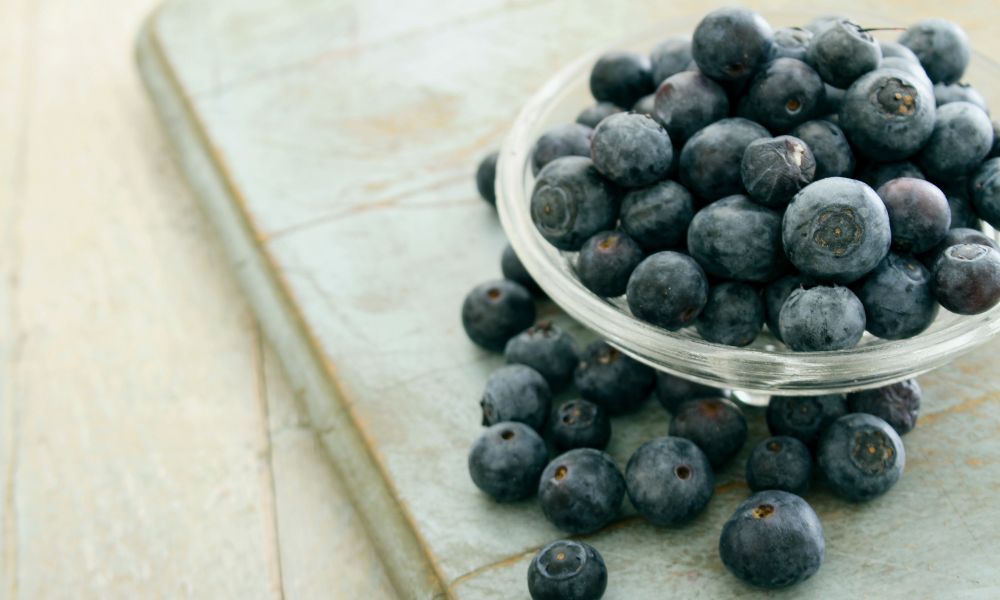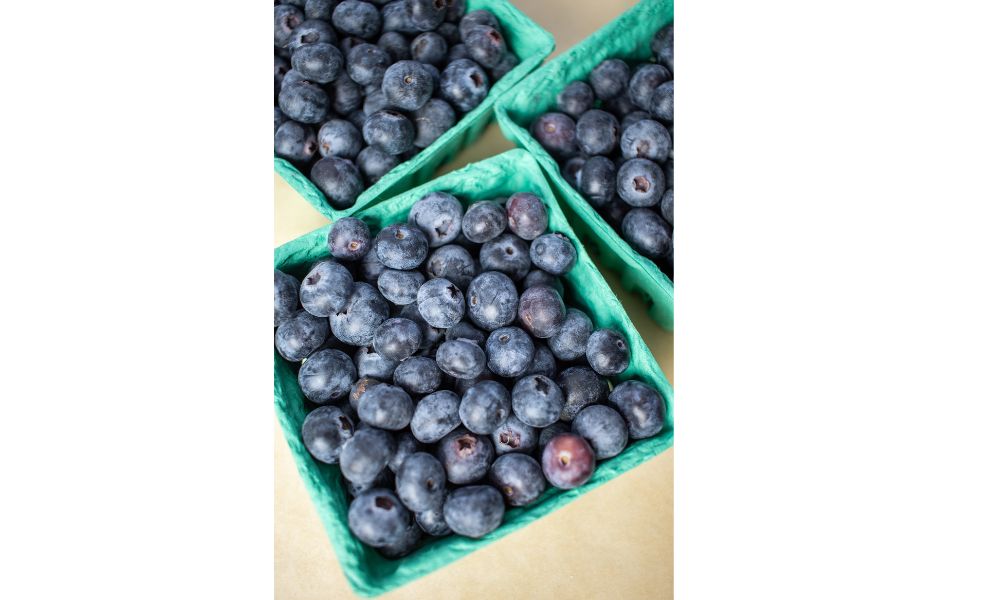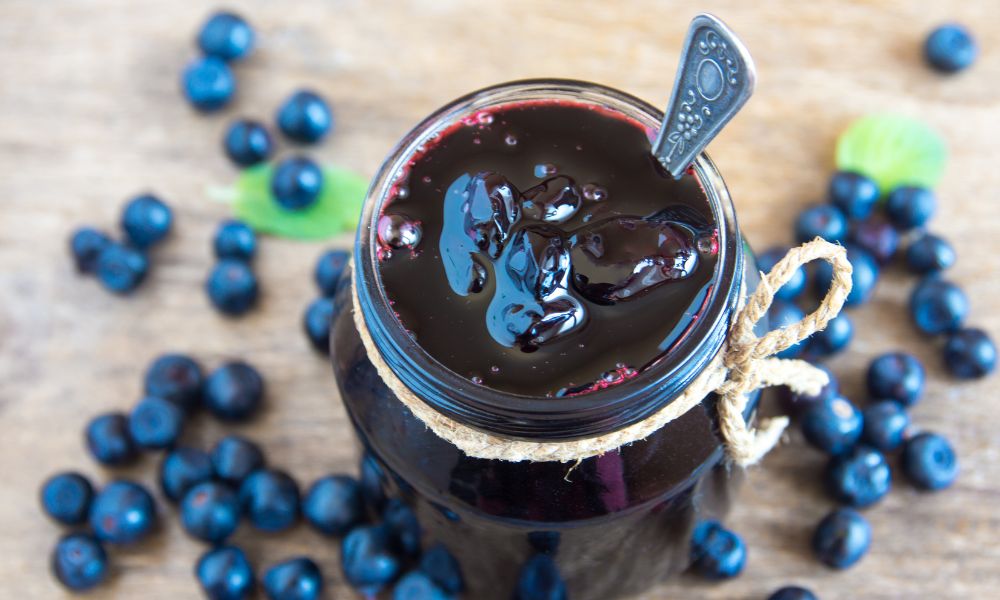Blueberries are a delightful and nutritious addition to any meal, snack, or dessert. Their juicy, sweet, and slightly tangy taste makes them a favorite fruit among many people. However, their delicate nature can often mean that they spoil quickly, sometimes even before we have the chance to enjoy them.
Fortunately, there are ways to extend their freshness so you can savor those berry-licious flavors for longer. In this article, we’ll explore some key techniques and tips to help you make the most of your blueberries.
Why Freshness Matters

Eating fresh blueberries comes with a host of benefits, including superior taste, nutritional value, and optimal texture. When properly stored, they maintain their delicious flavors and healthful properties, contributing to a wholesome and nutritious diet.
On the other hand, consuming stale or spoiled blueberries can lead to flavor degradation and potential health risks. Mold growth and fermentation can cause blueberries to become unappetizing or even unsafe to eat. Moreover, minimizing waste is an important consideration for the environment and our wallets.
By learning how to extend the shelf life of blueberries, we can ultimately reduce food waste and maximize enjoyment of this delightful fruit.
Proper Storage Techniques

Through my experiments, I’ve discovered that maintaining the ideal temperature and humidity conditions is crucial for preserving blueberry freshness. Here’s what you need to know about properly storing your blueberries to make them last longer:
- Refrigerate your blueberries: The best way to store blueberries is in the refrigerator, where you can maintain a consistent temperature between 32°F and 34°F (0°C and 1°C). Humidity should be kept around 90% for optimal freshness.
- Choose the right container: Select a shallow, breathable container such as a basket or colander rather than a tightly sealed plastic container. This will allow air circulation and prevent moisture buildup, which can cause mold growth.
- Keep blueberries dry: To avoid excess moisture, don’t wash your blueberries until you’re ready to consume them. Store them unwashed, and if there’s any visible moisture, gently pat them dry with a paper towel before storage.
- Freeze for long-term storage: If you don’t plan on eating your blueberries within a few days of purchase, consider freezing them. Place the unwashed blueberries in a single layer on a baking sheet lined with wax paper or parchment paper, and freeze for an hour or two. Once frozen, transfer them to a resealable plastic bag, removing as much air as possible. Your frozen blueberries should retain their quality for up to 6 months.
Handling and Preparation Tips
Handling blueberries with care can significantly enhance their overall quality and extend their shelf life. Here are my best practices for handling blueberries:
- Inspect for bruised or damaged berries: When buying or sorting through your blueberries, remove any that are squishy, bruised, or show signs of mold. This helps to prevent mold from spreading to healthy berries while in storage.
- Gently wash before eating: When you’re ready to consume your blueberries, wash them gently under cool, running water. To remove dirt and contaminants without damaging their delicate skin, consider using a colander or strainer to gently tumble and rinse the berries.
- Dry thoroughly: After washing, it’s important to remove any excess moisture to prevent spoilage. Lay the blueberries out on a clean kitchen towel, gently rolling and patting them dry.
You may also like: Can You Bring Fruit Through Airport Security? A Friendly Guide
Preserving Blueberries

If you’ve got a surplus of blueberries and want to savor them for an extended period, consider preservation methods like making blueberry jam, freezing in syrup, or dehydrating. Here are some detailed instructions and recipe ideas to get you started:
Blueberry Jam
Combine equal parts blueberries and sugar in a saucepan, stirring occasionally and simmering over medium heat until thickened (approximately 25-30 minutes). You can also add pectin for a thicker consistency. Pour the hot jam into sterilized jars, seal, and process in a boiling water bath for 10 minutes.
Freezing in Syrup
Prepare a syrup by mixing sugar and water, using a ratio of one part sugar to three parts water. Place washed and well-drained blueberries in single layers in airtight containers, and pour the syrup over your blueberries until they are covered. Seal and freeze.
Dehydrating
To dehydrate blueberries, you’ll need a dehydrator, parchment paper, and a little patience. Follow your dehydrator’s instructions for temperature and time settings. Typically, blueberries are dehydrated at a temperature of 135°F (57°C) for up to 18 hours, or until the berries are pliable and slightly crunchy.
Exploring these preservation methods not only adds variety but can also help you extend the shelf life of your blueberries even further. Get creative and let your personal preferences guide you.